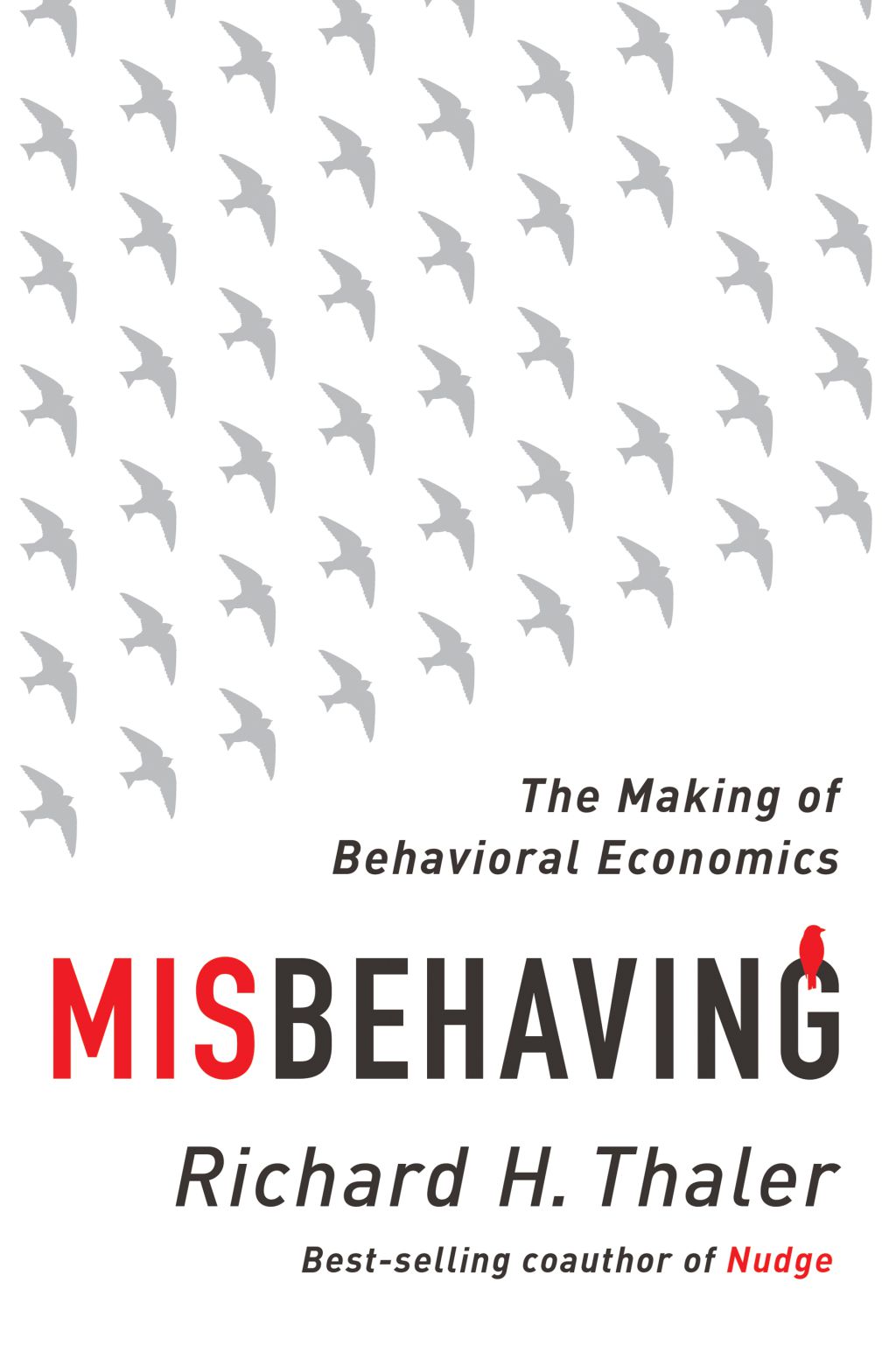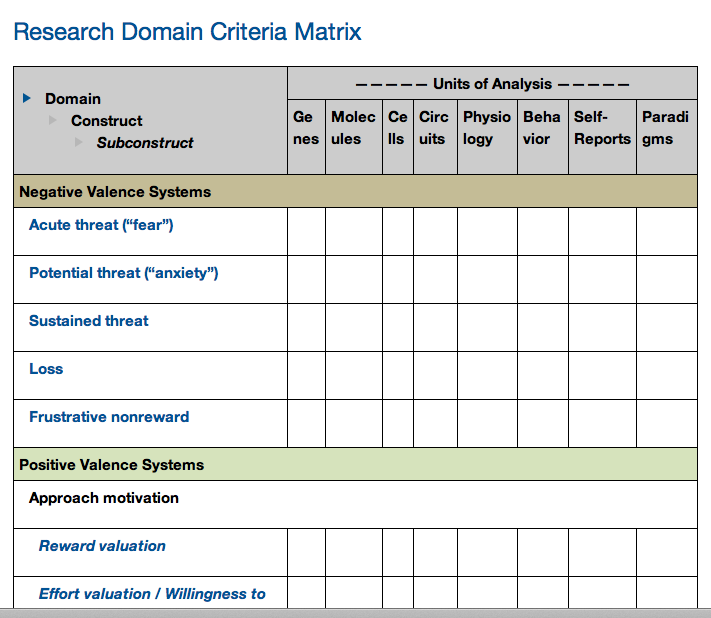


My Book Review of “The Universe as We Find It” by John Heil [Classic]
Now out with Springer! It’s my book review of The Universe as We Find It, by John Heil! My review has been online for a good while and getting daily traffic at academia.edu. But more recently, the paperback journal has finally printed. Heil’s book is available in hardback at Amazon. Heil argues for a certain …

Snails and Spatial Reasoning
The editors of SLAB, a literary journal, asked me: “You get a million dollars, but a snail follows you for the rest of your life. If the snail touches you, you die, and lose your million dollars. Would you take the money, why or why not?” What’s your answer? Here’s mine. “Yes, I would. A …

Leibniz Stepped into a Mill and Saw a Thought, Continued
Earlier I remarked on Neuroskeptic’s coverage of some new scientific research into consciousness. I’ve been wanting to think and write about the significance of this experiment a bit more. In some sense, what we are talking about is how a scientist or technician — who is, as we say, “outside” my mind — can know …

On the Phrase “It’s Not Psychological, It’s Neurological”
Crews and Adler believe that most cases of the yips probably have a psychological basis of some kind, but that in some percentage the ultimate cause will turn out to be neurological.[The New Yorker] All philosophers of mind and most philosophers generally will recognize the error in this sentence, or should recognize it. Basically, the …

Behavioral Economics is an Incomplete Revolution
The Boston Review critiques Richard Thaler’s latest book, “Misbehaving: The Making of Behavioral Economics.” Or actually the critique is of behavioral economics itself. Before behavioral economics, there was classical economics which, “assumes people are rational, utility-maximizing decision-makers with consistent preferences, correct expectations, and unbiased beliefs; in economic parlance, everyone is homo economicus, ‘economic human.’” John McMahon, …

“Girls and Philosophy” at Salon.com
I’ve been looking for any book reviews out there of “Girls and Philosophy.” The first one I’ve found was at Salon.com well before the book hit the stores. The Salon writer, Anna Silman, interviews the editors (she calls them the “authors”) about the characters’ existentialism and more. There’s an essay in the book where the …

Adorno and Benjamin in the New Yorker [Classic]
Alex Ross of the New Yorker writes: Anyone who underwent a liberal-arts education in recent decades probably encountered the thorny theorists associated with the Institute for Social Research, better known as the Frankfurt School. Their minatory titles, filled with dark talk of “Negative Dialectics” and “One-Dimensional Man,” were once proudly displayed on college-dorm shelves, as …

An Approach to Psychiatric Disorder at the Neuronal Level
BishopBlog writes: In 2013, Tom Insel, Director of the US funding agency, National Institute of Mental Health (NIMH), created a stir with a blogpost in which he criticised the DSM5 and laid out the vision of a new Research Domain Criteria (RDoC) project. This aimed “to transform diagnosis by incorporating genetics, imaging, cognitive science, and …

Neil deGrasse Tyson on Philosophy
Tyson says: My concern there is that the philosophers believe they are asking deep questions about nature, and to the scientist, it’s, “what are you doing? Why are you wasting your time? Why are you concerning yourself about the meaning of meaning?”… If you are distracted by your questions so that you cannot move forward, …